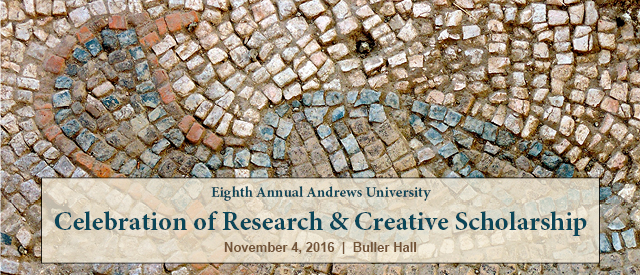Presentation Title
P-24 Implicit Bias and Neighborhood Segregation
Presenter Status
Professor of Psychology, Behavioral Sciences Department
Preferred Session
Poster Session
Start Date
4-11-2016 2:00 PM
End Date
4-11-2016 3:00 PM
Presentation Abstract
Implicit bias is a tendency to show a preference for one a group of people relative to another. A common way to measure implicit bias is to look for interference when individual perform a dual sorting task—sorting two group and good/bad concepts simultaneously. As a measure of an underlying cognitive network of associations, implicit bias differs from prejudice (overt statements and actions that demonstrate negative attitudes towards another group. Because implicit biases are built into the basic cognitive framework that we use for navigating the world on a daily basis, if unexamined, these biases can amplify dehumanizing and unjust structures, actions, and habits. We use existing data sets released through the Open Science Framework and United States Census data to examine whether there is a relationship between individual measures of implicit bias, explicit prejudice, and metropolitan segregation in the United States. We argue that implicit bias, while a phenomenon at the individual level, nevertheless is related to phenomena at the level of metropolitan policy and economic decisions and thus requires a multi-pronged approach.
P-24 Implicit Bias and Neighborhood Segregation
Implicit bias is a tendency to show a preference for one a group of people relative to another. A common way to measure implicit bias is to look for interference when individual perform a dual sorting task—sorting two group and good/bad concepts simultaneously. As a measure of an underlying cognitive network of associations, implicit bias differs from prejudice (overt statements and actions that demonstrate negative attitudes towards another group. Because implicit biases are built into the basic cognitive framework that we use for navigating the world on a daily basis, if unexamined, these biases can amplify dehumanizing and unjust structures, actions, and habits. We use existing data sets released through the Open Science Framework and United States Census data to examine whether there is a relationship between individual measures of implicit bias, explicit prejudice, and metropolitan segregation in the United States. We argue that implicit bias, while a phenomenon at the individual level, nevertheless is related to phenomena at the level of metropolitan policy and economic decisions and thus requires a multi-pronged approach.



